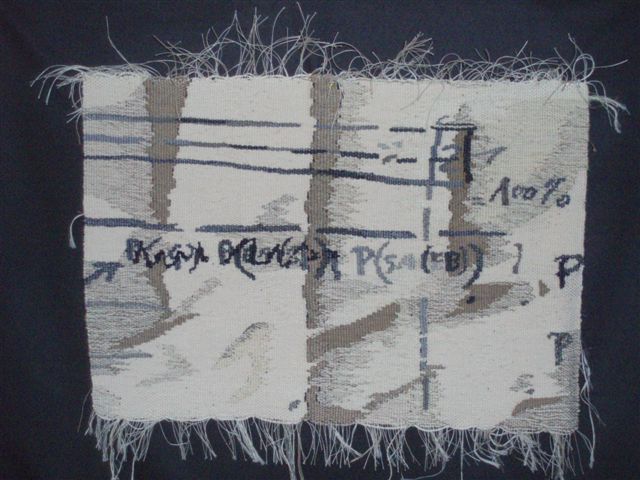Amir Alexander: On the Materiality of Mathematics 7
Tuesday, April 22nd, 2008Has mathematics today become depoliticized? To some extent, surely. Since the 19th century mathematics has dissociated itself from the world, creating a universe of wonders all to itself. Absolute universal and necessary truths may still rule in this alternate reality, but they have only tangential bearing on the realities of the world as we know it. We are safe from the tyranny of mathematics, and it is safe from our materialist heresies.


